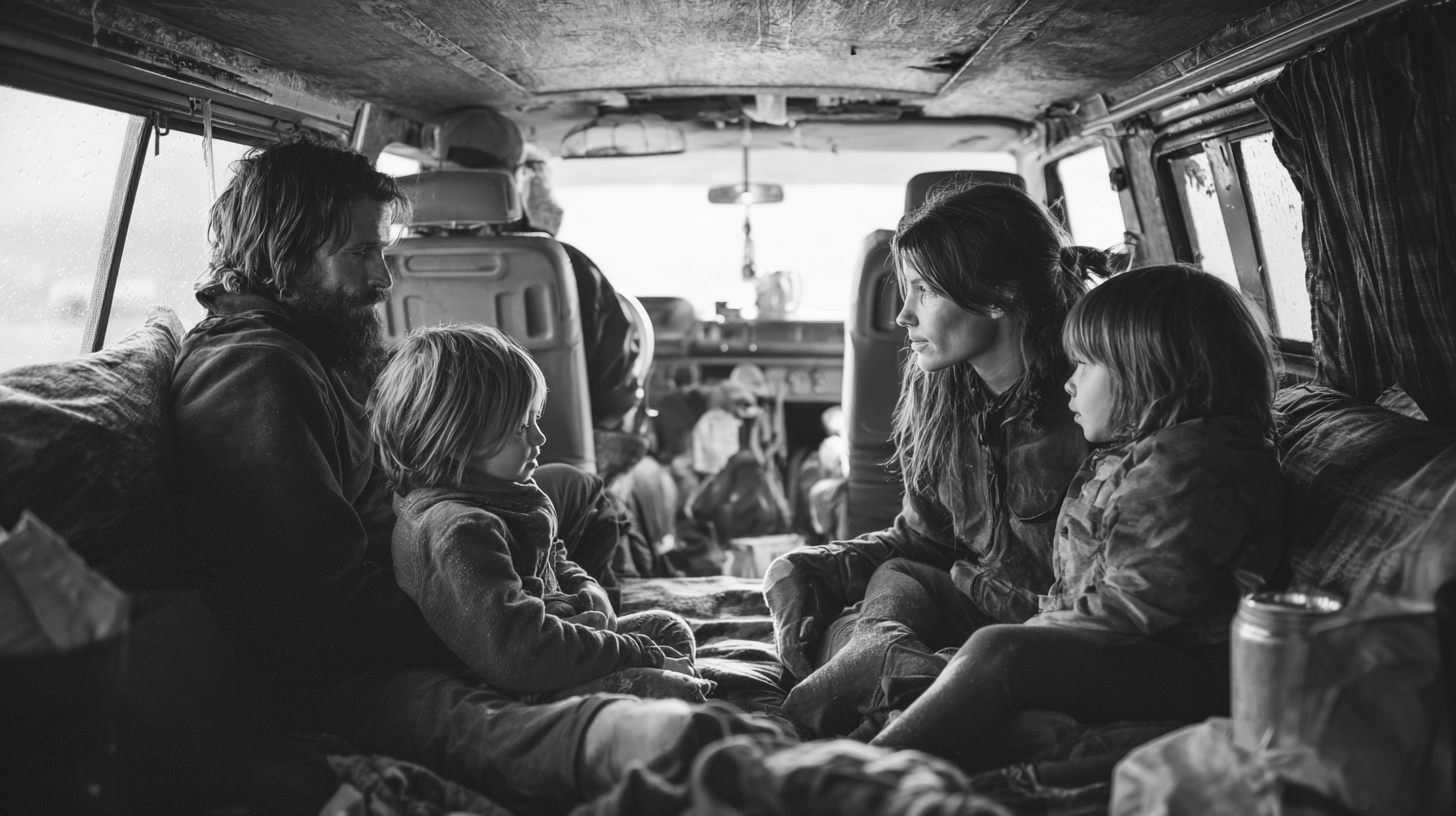Today's Scriptures | Judges 1-2; Luke 7:1-30
Judges 1-2
Israel Fights the Remaining Canaanites
1 After the death of Joshua, the Israelites asked the Lord, “Who of us is to go up first to fight against the Canaanites?”
2 The Lord answered, “Judah shall go up; I have given the land into their hands.”
3 The men of Judah then said to the Simeonites their fellow Israelites, “Come up with us into the territory allotted to us, to fight against the Canaanites. We in turn will go with you into yours.” So the Simeonites went with them.
4 When Judah attacked, the Lord gave the Canaanites and Perizzites into their hands, and they struck down ten thousand men at Bezek. 5 It was there that they found Adoni-Bezek and fought against him, putting to rout the Canaanites and Perizzites. 6 Adoni-Bezek fled, but they chased him and caught him, and cut off his thumbs and big toes.
7 Then Adoni-Bezek said, “Seventy kings with their thumbs and big toes cut off have picked up scraps under my table. Now God has paid me back for what I did to them.” They brought him to Jerusalem, and he died there.
8 The men of Judah attacked Jerusalem also and took it. They put the city to the sword and set it on fire.
9 After that, Judah went down to fight against the Canaanites living in the hill country, the Negev and the western foothills. 10 They advanced against the Canaanites living in Hebron (formerly called Kiriath Arba) and defeated Sheshai, Ahiman and Talmai. 11 From there they advanced against the people living in Debir (formerly called Kiriath Sepher).
12 And Caleb said, “I will give my daughter Aksah in marriage to the man who attacks and captures Kiriath Sepher.” 13 Othniel son of Kenaz, Caleb’s younger brother, took it; so Caleb gave his daughter Aksah to him in marriage.
14 One day when she came to Othniel, she urged him[a] to ask her father for a field. When she got off her donkey, Caleb asked her, “What can I do for you?”
15 She replied, “Do me a special favor. Since you have given me land in the Negev, give me also springs of water.” So Caleb gave her the upper and lower springs.
16 The descendants of Moses’ father-in-law, the Kenite, went up from the City of Palms[b] with the people of Judah to live among the inhabitants of the Desert of Judah in the Negev near Arad.
17 Then the men of Judah went with the Simeonites their fellow Israelites and attacked the Canaanites living in Zephath, and they totally destroyed[c] the city. Therefore it was called Hormah.[d] 18 Judah also took[e] Gaza, Ashkelon and Ekron—each city with its territory.
19 The Lord was with the men of Judah. They took possession of the hill country, but they were unable to drive the people from the plains, because they had chariots fitted with iron. 20 As Moses had promised, Hebron was given to Caleb, who drove from it the three sons of Anak. 21 The Benjamites, however, did not drive out the Jebusites, who were living in Jerusalem; to this day the Jebusites live there with the Benjamites.
22 Now the tribes of Joseph attacked Bethel, and the Lord was with them. 23 When they sent men to spy out Bethel (formerly called Luz), 24 the spies saw a man coming out of the city and they said to him, “Show us how to get into the city and we will see that you are treated well.” 25 So he showed them, and they put the city to the sword but spared the man and his whole family. 26 He then went to the land of the Hittites, where he built a city and called it Luz, which is its name to this day.
27 But Manasseh did not drive out the people of Beth Shan or Taanach or Dor or Ibleam or Megiddo and their surrounding settlements, for the Canaanites were determined to live in that land. 28 When Israel became strong, they pressed the Canaanites into forced labor but never drove them out completely. 29 Nor did Ephraim drive out the Canaanites living in Gezer, but the Canaanites continued to live there among them. 30 Neither did Zebulun drive out the Canaanites living in Kitron or Nahalol, so these Canaanites lived among them, but Zebulun did subject them to forced labor. 31 Nor did Asher drive out those living in Akko or Sidon or Ahlab or Akzib or Helbah or Aphek or Rehob. 32 The Asherites lived among the Canaanite inhabitants of the land because they did not drive them out. 33 Neither did Naphtali drive out those living in Beth Shemesh or Beth Anath; but the Naphtalites too lived among the Canaanite inhabitants of the land, and those living in Beth Shemesh and Beth Anath became forced laborers for them. 34 The Amorites confined the Danites to the hill country, not allowing them to come down into the plain. 35 And the Amorites were determined also to hold out in Mount Heres, Aijalon and Shaalbim, but when the power of the tribes of Joseph increased, they too were pressed into forced labor. 36 The boundary of the Amorites was from Scorpion Pass to Sela and beyond.
The Angel of the Lord at Bokim
2 The angel of the Lord went up from Gilgal to Bokim and said, “I brought you up out of Egypt and led you into the land I swore to give to your ancestors. I said, ‘I will never break my covenant with you, 2 and you shall not make a covenant with the people of this land, but you shall break down their altars.’ Yet you have disobeyed me. Why have you done this? 3 And I have also said, ‘I will not drive them out before you; they will become traps for you, and their gods will become snares to you.’”
4 When the angel of the Lord had spoken these things to all the Israelites, the people wept aloud, 5 and they called that place Bokim.[f] There they offered sacrifices to the Lord.
Disobedience and Defeat
6 After Joshua had dismissed the Israelites, they went to take possession of the land, each to their own inheritance. 7 The people served the Lord throughout the lifetime of Joshua and of the elders who outlived him and who had seen all the great things the Lord had done for Israel.
8 Joshua son of Nun, the servant of the Lord, died at the age of a hundred and ten. 9 And they buried him in the land of his inheritance, at Timnath Heres[g] in the hill country of Ephraim, north of Mount Gaash.
10 After that whole generation had been gathered to their ancestors, another generation grew up who knew neither the Lord nor what he had done for Israel. 11 Then the Israelites did evil in the eyes of the Lord and served the Baals. 12 They forsook the Lord, the God of their ancestors, who had brought them out of Egypt. They followed and worshiped various gods of the peoples around them. They aroused the Lord’s anger 13 because they forsook him and served Baal and the Ashtoreths. 14 In his anger against Israel the Lord gave them into the hands of raiders who plundered them. He sold them into the hands of their enemies all around, whom they were no longer able to resist. 15 Whenever Israel went out to fight, the hand of the Lord was against them to defeat them, just as he had sworn to them. They were in great distress.
16 Then the Lord raised up judges,[h] who saved them out of the hands of these raiders. 17 Yet they would not listen to their judges but prostituted themselves to other gods and worshiped them. They quickly turned from the ways of their ancestors, who had been obedient to the Lord’s commands. 18 Whenever the Lord raised up a judge for them, he was with the judge and saved them out of the hands of their enemies as long as the judge lived; for the Lord relented because of their groaning under those who oppressed and afflicted them. 19 But when the judge died, the people returned to ways even more corrupt than those of their ancestors, following other gods and serving and worshiping them. They refused to give up their evil practices and stubborn ways.
20 Therefore the Lord was very angry with Israel and said, “Because this nation has violated the covenant I ordained for their ancestors and has not listened to me, 21 I will no longer drive out before them any of the nations Joshua left when he died. 22 I will use them to test Israel and see whether they will keep the way of the Lord and walk in it as their ancestors did.” 23 The Lord had allowed those nations to remain; he did not drive them out at once by giving them into the hands of Joshua.
Luke 7:1-30
The Faith of the Centurion
7 When Jesus had finished saying all this to the people who were listening, he entered Capernaum. 2 There a centurion’s servant, whom his master valued highly, was sick and about to die. 3 The centurion heard of Jesus and sent some elders of the Jews to him, asking him to come and heal his servant. 4 When they came to Jesus, they pleaded earnestly with him, “This man deserves to have you do this, 5 because he loves our nation and has built our synagogue.” 6 So Jesus went with them.
He was not far from the house when the centurion sent friends to say to him: “Lord, don’t trouble yourself, for I do not deserve to have you come under my roof. 7 That is why I did not even consider myself worthy to come to you. But say the word, and my servant will be healed. 8 For I myself am a man under authority, with soldiers under me. I tell this one, ‘Go,’ and he goes; and that one, ‘Come,’ and he comes. I say to my servant, ‘Do this,’ and he does it.”
9 When Jesus heard this, he was amazed at him, and turning to the crowd following him, he said, “I tell you, I have not found such great faith even in Israel.” 10 Then the men who had been sent returned to the house and found the servant well.
Jesus Raises a Widow’s Son
11 Soon afterward, Jesus went to a town called Nain, and his disciples and a large crowd went along with him. 12 As he approached the town gate, a dead person was being carried out—the only son of his mother, and she was a widow. And a large crowd from the town was with her. 13 When the Lord saw her, his heart went out to her and he said, “Don’t cry.”
14 Then he went up and touched the bier they were carrying him on, and the bearers stood still. He said, “Young man, I say to you, get up!” 15 The dead man sat up and began to talk, and Jesus gave him back to his mother.
16 They were all filled with awe and praised God. “A great prophet has appeared among us,” they said. “God has come to help his people.” 17 This news about Jesus spread throughout Judea and the surrounding country.
Jesus and John the Baptist
18 John’s disciples told him about all these things. Calling two of them, 19 he sent them to the Lord to ask, “Are you the one who is to come, or should we expect someone else?”
20 When the men came to Jesus, they said, “John the Baptist sent us to you to ask, ‘Are you the one who is to come, or should we expect someone else?’”
21 At that very time Jesus cured many who had diseases, sicknesses and evil spirits, and gave sight to many who were blind. 22 So he replied to the messengers, “Go back and report to John what you have seen and heard: The blind receive sight, the lame walk, those who have leprosy[a] are cleansed, the deaf hear, the dead are raised, and the good news is proclaimed to the poor. 23 Blessed is anyone who does not stumble on account of me.”
24 After John’s messengers left, Jesus began to speak to the crowd about John: “What did you go out into the wilderness to see? A reed swayed by the wind? 25 If not, what did you go out to see? A man dressed in fine clothes? No, those who wear expensive clothes and indulge in luxury are in palaces. 26 But what did you go out to see? A prophet? Yes, I tell you, and more than a prophet. 27 This is the one about whom it is written:
“‘I will send my messenger ahead of you,
who will prepare your way before you.’[b]
28 I tell you, among those born of women there is no one greater than John; yet the one who is least in the kingdom of God is greater than he.”
29 (All the people, even the tax collectors, when they heard Jesus’ words, acknowledged that God’s way was right, because they had been baptized by John. 30 But the Pharisees and the experts in the law rejected God’s purpose for themselves, because they had not been baptized by John.)










